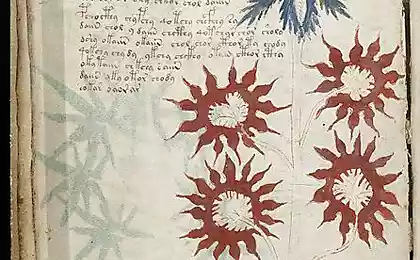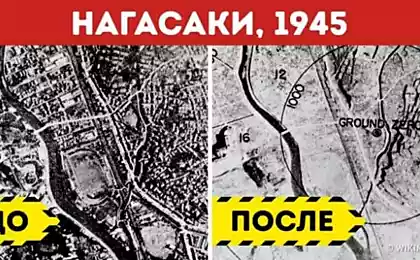910
Ten of the historical facts about the origin of words
New words appear virtually every day. Others do not stay in the language, but some remain. And very often the case that the author of a new word is forgotten.

10th place: The word "midget" saw the light in 1727, when they were printed in "Gulliver's Travels." The word was coined "from nothing." Its author - Jonathan Swift.
9th place: Dostoyevsky coined the word "take a back seat." However, it upotreblinl Dostoevsky in the sense of "quietly retire or cowardly and hidden retreat." Present an analogue of the word in this meaning is apparently vulgar vernacular, "slip away».
8th place: The word "dude" invented by writer Ivan Pan. The word appeared in Russian language only a hundred years ago.
7th place: The word "iznemozhdenny" invented Velimir Khlebnikov.
6th place: Just slovopadom fell into Russian October Revolution. Having for many years before a shy "Bolsheviks" and menshvikami ", in the language of the crowds of demonstrators entered sorts: simplified taxation, flying detachment, nepmeny, requisitioning, zavnachsklady, ukorochenki and others. By the way, the word "Soviet" - also an innovation revolution.
5th place: Saltykov-Shchedrin came up with the word "bungler" and "stupidity».
4th place: The word mediocrity (by the way, at first he pronounced with the accent on the second syllable: bezdár) was first used by the poet Igor Northerner.
3rd place: A lot of words invented writer Karamzin. He is the author of the words "impact", "touching" and "entertaining».
2nd place: the great Creator of words was Lomonosov. He had to build from scratch a number of sciences: physics, chemistry, geography and many others. Lomonosov were introduced in the Russian language the word "thermometer", "breaking", "balance", "diameter", "square", "acid" and "minus».
1st place: In the XVII century physicist van Helmont invented a special word to describe the newly discovered physical state of matter - GAS. This word entered the vocabulary of the vast number of languages virtually unchanged. And Turkish "gas" will be a "gas", and even in Japan, it sounds like "Gus".

10th place: The word "midget" saw the light in 1727, when they were printed in "Gulliver's Travels." The word was coined "from nothing." Its author - Jonathan Swift.
9th place: Dostoyevsky coined the word "take a back seat." However, it upotreblinl Dostoevsky in the sense of "quietly retire or cowardly and hidden retreat." Present an analogue of the word in this meaning is apparently vulgar vernacular, "slip away».
8th place: The word "dude" invented by writer Ivan Pan. The word appeared in Russian language only a hundred years ago.
7th place: The word "iznemozhdenny" invented Velimir Khlebnikov.
6th place: Just slovopadom fell into Russian October Revolution. Having for many years before a shy "Bolsheviks" and menshvikami ", in the language of the crowds of demonstrators entered sorts: simplified taxation, flying detachment, nepmeny, requisitioning, zavnachsklady, ukorochenki and others. By the way, the word "Soviet" - also an innovation revolution.
5th place: Saltykov-Shchedrin came up with the word "bungler" and "stupidity».
4th place: The word mediocrity (by the way, at first he pronounced with the accent on the second syllable: bezdár) was first used by the poet Igor Northerner.
3rd place: A lot of words invented writer Karamzin. He is the author of the words "impact", "touching" and "entertaining».
2nd place: the great Creator of words was Lomonosov. He had to build from scratch a number of sciences: physics, chemistry, geography and many others. Lomonosov were introduced in the Russian language the word "thermometer", "breaking", "balance", "diameter", "square", "acid" and "minus».
1st place: In the XVII century physicist van Helmont invented a special word to describe the newly discovered physical state of matter - GAS. This word entered the vocabulary of the vast number of languages virtually unchanged. And Turkish "gas" will be a "gas", and even in Japan, it sounds like "Gus".























